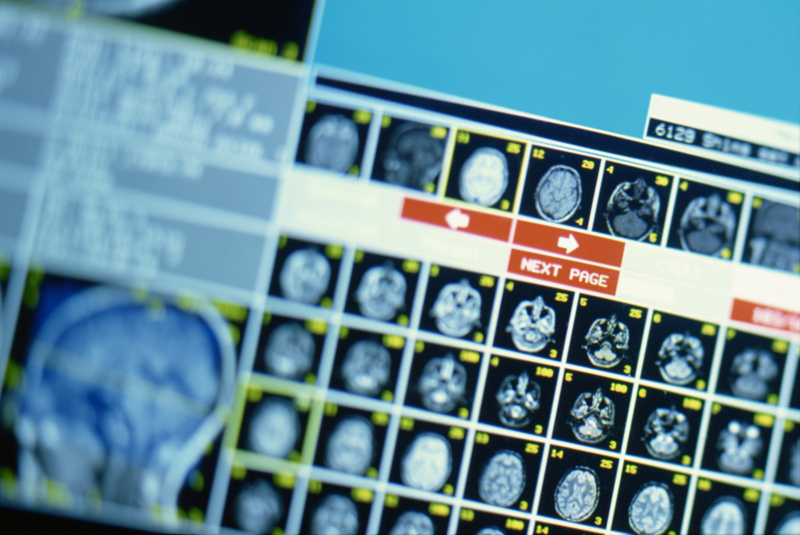
Here are some of the latest health and medical news developments, compiled by the editors of HealthDay:
7 Hours Of Sleep Optimal For Heart Health: Study
People who sleep fewer or more than seven hours a night are at increased risk for heart disease, according to a new study.
It included more than 30,000 adults who were healthy at the start of the study. As they followed the participants, the researchers found that the risk of developing heart disease was more than double for those who slept less than five hours a day (including naps) and 1.5 times greater for those who slept nine hours or more, CBS News reported.
The findings were published in the August 1 issue of the journal Sleep.
It’s not clear why sleeping less or more than seven hours a night increases the risk of heart disease, said the West Virginia University School of Medicine researchers.
But they suggested it might be helpful for people to discuss their sleep habits — including changes in sleep duration — with their doctor, CBS News reported.
—–
Breast Milk Sugars Support Beneficial Gut Bacteria In Infants
Complex sugars in breast milk support bacteria that coat the lining of an infant’s intestine and protect against noxious bacteria, according to U.S. researchers.
It was long believed that these complex sugars, which constitute up to 21 percent of breast milk but cannot be digested by babies, had no biological significance, The New York Times reported.
But the University of California, Davis researchers found that a beneficial strain of bacterium — a subspecies of Bifidobacterium longum — has a special set of genes that enable it to break down the complex sugars in breast milk.
This researchers said this strain of bifido is not found in adults, The Times reported.
“We were astonished that milk had so much material that the infant couldnt digest,” said researcher Dr. Bruce German. “Finding that it selectively stimulates the growth of specific bacteria, which are in turn protective of the infant, let us see the genius of the strategy — mothers are recruiting another life-form to baby-sit their baby.”
The research appears in the journal Proceedings of the National Academy of Sciences.
—–
Gulf Oil Spill Triggers Major Stress: Survey
The massive BP oil spill has caused psychological distress for about one-third of people in coastal areas of states on the Gulf of Mexico, according to a new survey of 406 adults age 21 and older.
Based on the K6 psychological distress scale, about 30 percent of respondents suffer from probable serious or probable mild/moderate mental illness — 18 percent in Louisiana, 14 percent in Florida, 12 percent in Mississippi and 10 percent in Alabama, United Press International reported.
Probable serious mental illness was detected in 32 percent of respondents who make less than $25,000 a year, compared with two percent of those who make more than $100,000 annually.
The percentage of Louisiana residents suffering serious mental illness due to the BP oil spill is double what it was among south Louisiana residents in July 2007, two years after the state was devastated by Hurricanes Katrina and Rita, according to Dr. Joseph E. Bisordi, chief medical officer of the Ochsner Health System, UPI reported.
“To see so many people mired in psychological misery and in worse shape than they were after Katrina is disheartening,” he said in a news release. “This benchmark identifies the need for mental health services throughout the region.”
—–

